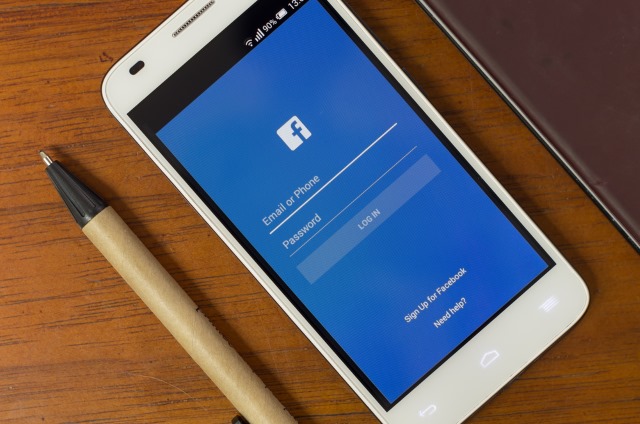
Facebook denies allowing advertisers to target people based on their emotional state
A leaked internal document shows that Facebook is capable of identifying people according to their emotional state. The document, seen by The Australian, shows how the social network can monitor users' posts and determine when they are feeling "stressed, defeated, overwhelmed, anxious, nervous, stupid, silly, useless, or a failure."
The leak pertains to Facebook's Australian office and suggests that algorithms can be used to detect "moments when young people need a confidence boost." It raises serious ethical questions about Facebook's capabilities, but the company denies it is doing anything wrong.
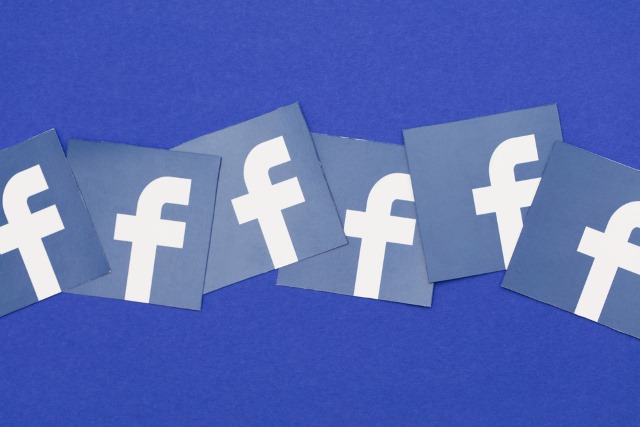
Facebook updates Rights Manager so content owners can earn ad income from pirated videos
Like Google, Facebook places great importance on advertising. The social network not only earns money from ads itself, but also allows companies and individuals to do so by displaying ads in videos. Pirates were quick to spot an easy way to earn money -- steal someone else's popular video and watch the ad revenue roll in.
Now Facebook is fighting back in a way that has already been used to some extent by YouTube. There is a new "claim ad earnings" option in the Rights Manager tool which enables the owner of a particular video to bag the ad revenue when their material is pirated. But the update to Rights Manager are more far-reaching than this.
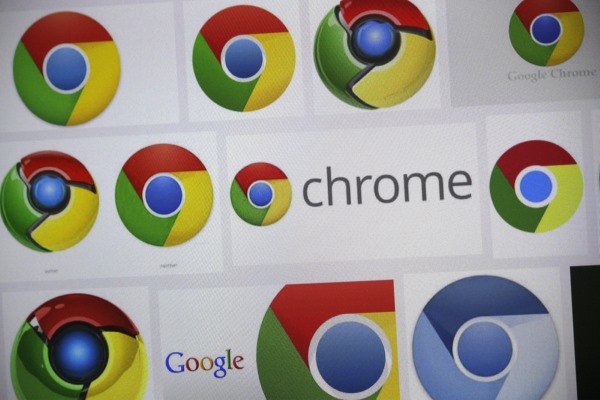
Google Chrome could soon include an ad blocker
It's news that -- on the face of it -- makes very little sense; the Wall Street Journal reports that Google is going to include an ad-blocking feature in its Chrome web browser. For a company that makes so much money from advertising this seems like something of a strange move, but in the light of recent ad controversy, it could be sensible business.
Just last month a large number of big companies started to pull advertising from Google and YouTube after finding that their ads were appearing on sites hosting extremist material. This, coupled with the fact that there is a general backlash against advertising from consumers (hence Adblock Plus pushing its Acceptable Ads program), could explain why Google is keen to be seen to be doing something that will give uses a better ad experience with greater control.
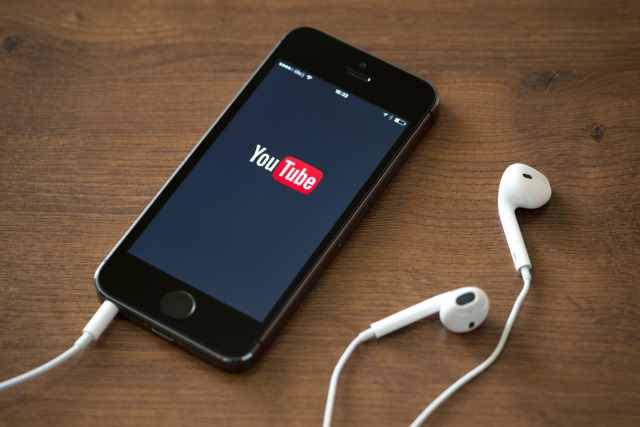
Mobile YouTube live streaming now available to channels with 1,000 subscribers
Back in February, Google opened up YouTube live streaming to channels with 10,000 or more subscribers. Just two months later, the company has slashed this requirement to just 1,000 subscribers.
But while the bar may have been lowered in terms of subscriber numbers, there are still a few hoops that would-be live streamers have to jump through. It does mean, however, that many more YouTubers will be able to stream their content live, so there will be a greater selection of content to consume.
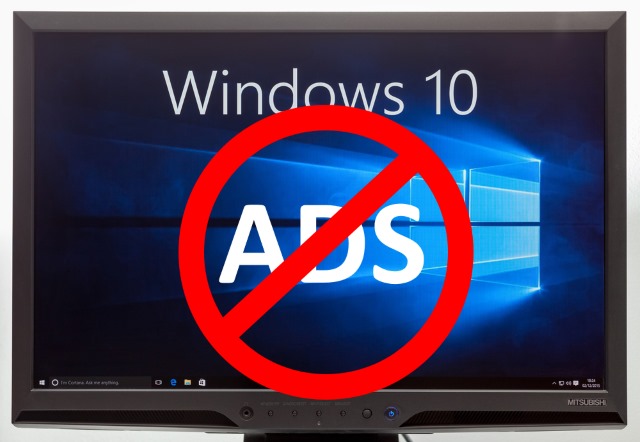
How to disable all of Microsoft's ads in Windows 10 Creators Update
Pretty much since the launch of Windows 10 there have been complaints about ads and usage tracking in various forms. You might think that Microsoft would listen to complaints and consider removing ads from its operating system, but in fact more and more have been added.
We've looked at the various ads (or app suggestions, app tips and so on to use Microsoft's phraseology) that have cropped up over the last couple of years, but the release of Windows 10 Creators Update seems like a good time to revisit the topic. So here, once and for all, is how to kill all the ads (or whatever you want to call them) in Windows 10.

YouTube: no ads until your channel has 10,000 views
YouTube is more than just a source of cat videos and hilariously painful-looking accidents caught on camera: for many people it is a source of extra income, or even a living. But the YouTube Partner Program (YPP) through which advertisements can be used to generate money is also open to abuse.
The Google-owned site has a plagiarism problem whereby popular content is stolen and re-uploaded to a different channel to generate money for a third party. In a bid to stop this practice, YouTube is banning channels from displaying ads until they have managed to hit 10,000 views.
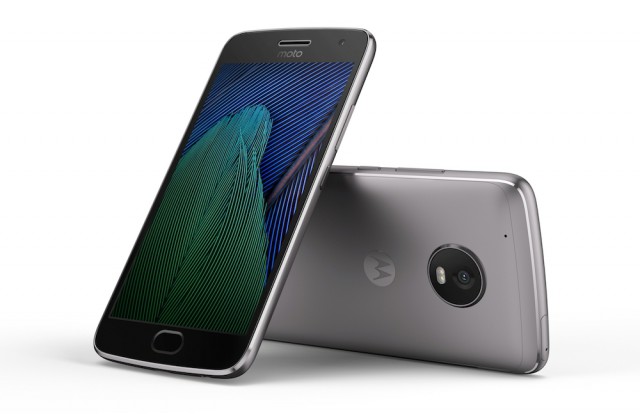
Moto G5 Plus starts at $184.99 on Amazon
There is much to like about the new Moto G5 Plus. It's got a nice screen, fast processor, fingerprint sensor, large battery and an interesting design too. It also runs Android Nougat and it comes with Google Assistant out of the box. But all this comes at a price, which may seem a bit too high for some.
The base model, which comes with 32GB of storage and 2GB of RAM, costs $229.99 in US, while the high-end version, which features 64GB and 4GB of RAM, can be had for $299.99. It is not exactly cheap, if you want the latter model, but you can get it at a nice discount on Amazon.
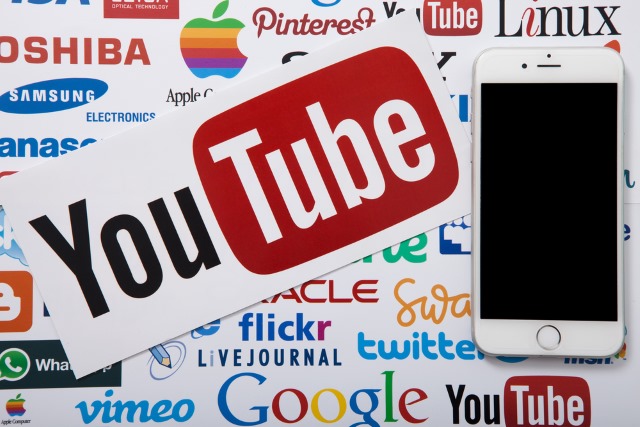
US companies start to pull ads from Google and YouTube over extremist content controversy
Last week saw the start of a backlash against Google after advertisers voiced concern that their ads were appearing next to extremist content. The Guardian, the BBC and the British government were among the first to start to pull their ads from the network, and the trend has spread to the US.
AT&T and Verizon are among American companies that have now announced that they are boycotting YouTube by pulling their ads. After concerns about being associated with terrorist and other extremist content, an increasing number of big names are calling on Google to make guarantees about ad placement.

How to instantly remove most ads from Windows 10
When adverts first started arriving in Windows 10, it wasn’t really a big deal. The operating system was a free upgrade after all, and these weren’t adverts, Microsoft insisted, as no money had changed hands.
Fast forward to 2017 and Windows 10 is now a paid product that’s filled with ads that Microsoft still insists aren’t ads -- they’re "suggestions", "prompted apps" and "tips". You can turn them all off, if you know where to look, but Microsoft hasn’t made it easy. Thankfully there’s a really quick way to disable most of the ads in a couple of mouse clicks.
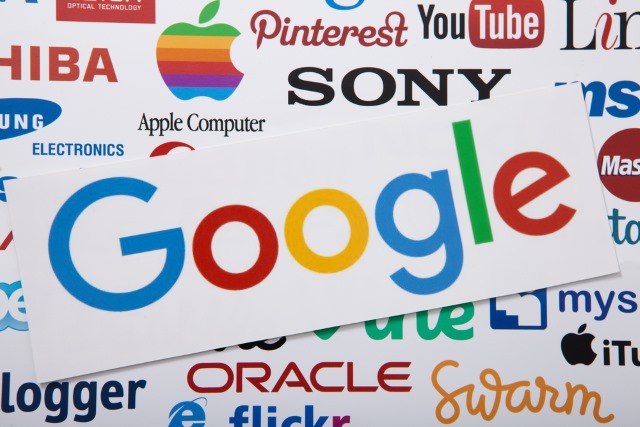
Google says it will 'raise the bar' for ad policies after controversy over extremist content
Google has announced plans to introduce safeguards for advertisers after complaints from many big names that their advertisements were appearing next to extremist content. The Guardian, the BBC, and the UK government are among those to have withdrawn advertising from Google and YouTube, and the company has been battling to get companies back on side.
Google's Chief Business Officer, Philipp Schindler, has admitted that while there are policies in place controlling the ad network, "at times we don’t get it right." He says he understands that advertisers don't want their ads to appear next to content that is not in keeping with their values, and more will be done to ensure this doesn't happen.

Google scrabbles to appease advertisers after drawing ire for inappropriate ad placements
Yesterday, the Guardian withdrew advertising from Google and YouTube after its ads were placed next to extremist content. The British newspaper was not alone -- broadcaster Channel 4, and even the British government soon followed suit.
Now Google is scrabbling to calm down the situation. Advertisers are unhappy that their ads have been placed next to extremist content and hate speech, and Google says it will improve the controls advertisers have over ad placement. At the same time, the company says: "we believe strongly in the freedom of speech and expression on the web -- even when that means we don't agree with the views expressed."
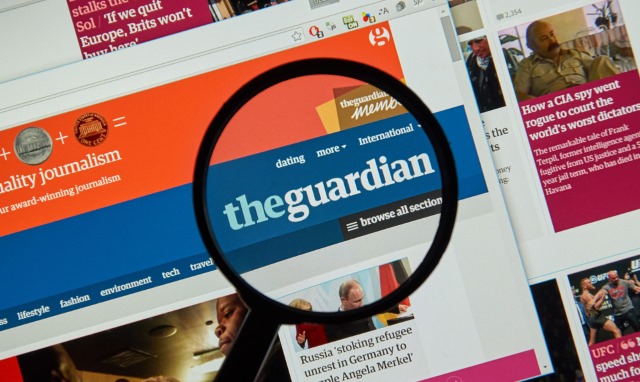
The Guardian pulls its ads from Google and YouTube after placement next to extremist material
The Guardian has pulled all of its ads from both Google and YouTube. The British newspaper was unhappy to discover that advertisements for its membership scheme were placed next to extremist material.
It is understood that the positioning was accidental, but the Guardian's chief executive described the situation as "completely unacceptable". Ads appeared next to videos for a "hate preacher", American white nationalists, and other controversial content. Google's AdX, DoubleClick Ad Exchange Service, algorithms are thought to be to blame and, in a letter to Google, the Guardian seeks assurances that the problem will not happen again.

In-game advertising should be fun
The issue of ad blocking once again resurfaced at the 2017 Mobile World Congress. Leading network provider, O2 announced that it is looking to give users the ability to block ads if they feel "plagued by advertising." This follows on from similar threats at the 2016 MWC from Three Mobile -- another leading network provider in the UK. Although there have been no legislative changes or work regarding ad blocking, the debate is very much in the headlines and in the public domain.
Ad blocking uptake has slowed, but brands should not be resting on their laurels just yet. According to statistics from Campaign magazine, during 2017, 41.1 percent of millennials will use ad-blockers, versus 26.9 percent of Generation X and 13.9 percent of baby boomers. The increase in mobile phone usage will force marketers to think more carefully about exactly how they will reach these people, so that users do not feel interrupted, specifically during mobile gaming. Consumers are so used to advertising on television and radio, but mobile is a very different medium. Ultimately, advertisers need to be less invasive and more creative in their approach to reach their target audience.
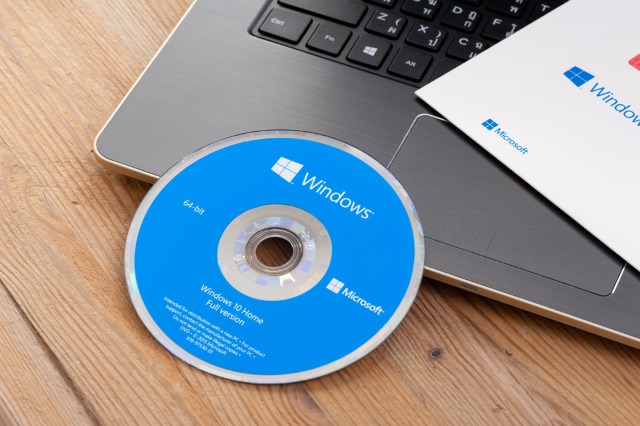
Microsoft is disgustingly sneaky: Windows 10 isn't an operating system, it's an advertising platform
Don't believe what Microsoft tells you -- Windows 10 is not an operating system. Oh, sure, it has many features that make it look like an operating system, but in reality it is nothing more than a vehicle for advertisements. Since the launch of Windows 10, there have been numerous complaints about ads in various forms. They appear in the Start menu, in the taskbar, in the Action Center, in Explorer, in the Ink Workspace, on the Lock Screen, in the Share tool, in the Windows Store and even in File Explorer.
Microsoft has lost its grip on what is acceptable, and even goes as far as pretending that these ads serve users more than the company -- "these are suggestions", "this is a promoted app", "we thought you'd like to know that Edge uses less battery than Chrome", "playable ads let you try out apps without installing". But if we're honest, the company is doing nothing more than abusing its position, using Windows 10 to promote its own tools and services, or those with which it has marketing arrangements. Does Microsoft think we're stupid?

Oh joy -- playable ads arrive in Windows 10
Playable ads -- that is ads that mimic an app and let you interact with it -- aren’t new. I see them from time to time on my iPhone, and never interact with any of them. Because, why would you? However, Microsoft says that playable ads are not only better than regular ads, they are more profitable.
And now they are arriving on Windows 10. The Playable Ads preview goes live in the Windows Dev Center today, allowing developers to offer their own interactive adverts.
